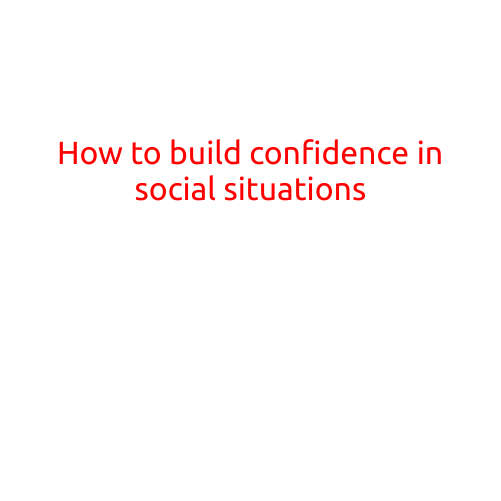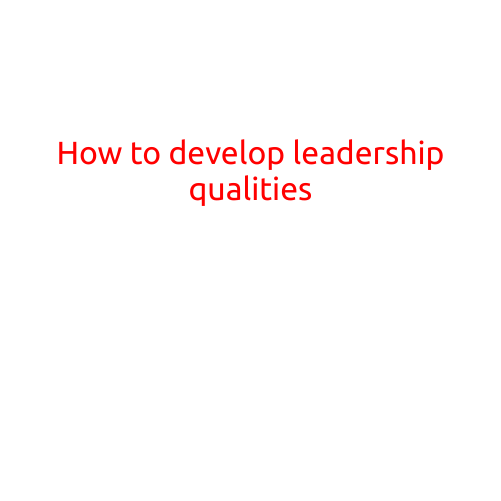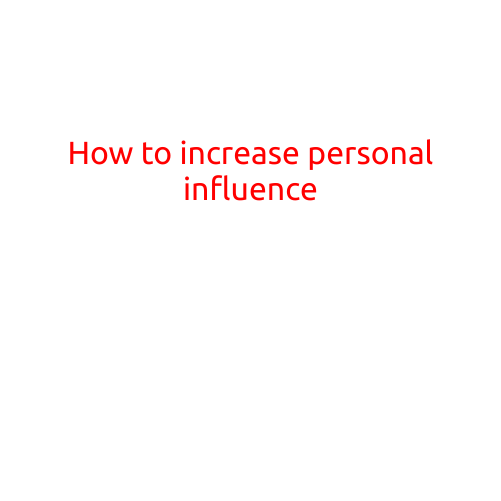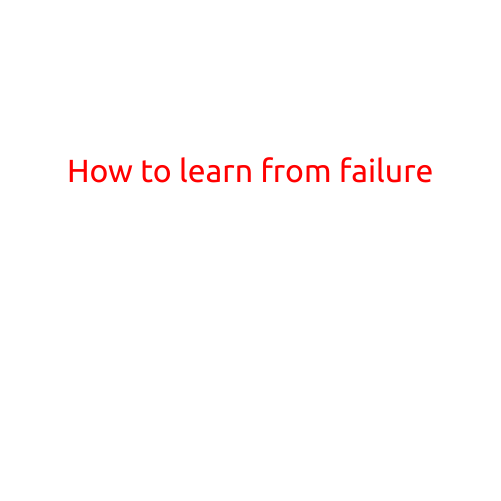
How to Build Confidence in Social Situations
Whether you’re attending a networking event, meeting new friends, or just hanging out with colleagues, building confidence in social situations is essential for making a positive impression and feeling comfortable in your own skin. However, for many people, social interactions can be daunting and anxiety-provoking. The good news is that confidence can be developed and strengthened with practice and the right strategies.
Understand That Confidence is Learned
Confidence is not an innate trait, but rather a skill that can be developed over time. It’s essential to understand that everyone starts from a different place, and it’s okay to take things one step at a time.
Prepare Ahead of Time
Before attending a social event, take some time to prepare yourself mentally and physically. Here are a few tips:
- Get a good night’s sleep to help you feel more energized and alert.
- Dress in clothes that make you feel good about yourself. This can help boost your confidence and make you feel more prepared.
- Practice positive self-talk. Repeat phrases to yourself such as “I am confident and capable” or “I am worthy of connection and connection.”
Use Positive Self-Talk
Positive self-talk is a powerful tool for building confidence. When we speak positively to ourselves, we can shift our mindset and feel more empowered. Here are a few examples of positive affirmations you can use:
- I am capable and competent.
- I am worthy of connection and connection.
- I am strong and resilient.
- I am deserving of respect and kindness.
Practice Active Listening
Active listening is a vital skill for building confidence in social situations. When you actively listen to others, you show that you value and respect their thoughts and opinions. This can help you feel more connected and understood.
Ask Open-Ended Questions
Asking open-ended questions is another way to build confidence in social situations. When you ask questions that encourage others to share more, you show that you’re interested in getting to know them better. This can help you feel more engaged and connected.
Take Small Steps
Building confidence takes time, and it’s essential to take things one step at a time. Here are a few small steps you can take to start building your confidence:
- Start small. Begin with low-stakes social situations, such as grabbing coffee with a friend or attending a small gathering.
- Practice mindfulness. Focus on the present moment and try to let go of worries about the future or past.
- Focus on your strengths. Instead of focusing on your weaknesses, focus on your strengths and accomplishments.
Learn to Handle Rejection
Rejection is a natural part of building confidence, and it’s essential to learn how to handle it graciously. Here are a few tips:
- Practice self-compassion. Treat yourself with kindness and understanding, even when things don’t go as planned.
- Reframe rejection. Instead of seeing rejection as a personal failure, view it as an opportunity to learn and grow.
- Focus on what you can control. Instead of worrying about the outcome, focus on what you can control, such as your own mindset and actions.
Conclusion
Building confidence in social situations takes time and practice, but it’s a crucial skill for making a positive impression and feeling comfortable in your own skin. By understanding that confidence is learned, preparing ahead of time, using positive self-talk, practicing active listening, asking open-ended questions, taking small steps, and learning to handle rejection, you can start to build your confidence and become a more confident and empowered individual. Remember to be patient and kind to yourself as you work on building your confidence – it’s a journey, and it’s okay to take things one step at a time.





